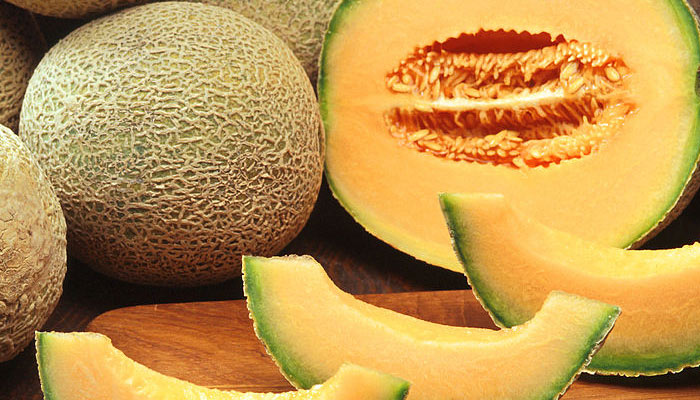
by Dr. Michael Murray | Apr 6, 2013 | Healing Food Facts
Did you know that raspberries are not just limited to the color red, but also come in a wide range of colors from black and orange to yellow and white? Also, loganberries and boysenberries are actually hybrids of raspberries. Native to East Asia, raspberries are a...

by Dr. Michael Murray | Apr 6, 2013 | Healing Food Facts
As one of the most popular fruits in the world, the history of the oranges dates back to ancient times. The first reference of oranges was found in an ancient Chinese text from 500 B.C. Spanish missionaries brought oranges to Florida in the sixteenth century and has...

by Dr. Michael Murray | Apr 6, 2013 | Healing Food Facts
Although often thought of as sour, lemons actually are available in sweet varieties such as the Meyer lemon. Lemon trees are unique as they flower year-round, allowing the tree to produce fruit during any season. Lemons became extremely popular in the 1890s when...

by Dr. Michael Murray | Apr 6, 2013 | Healing Food Facts
Having been consumed since prehistoric times as far back as 5,000 B.C.E., grapes were highly valued in ancient Greek and Roman civilizations for their ability to be made into wine. Today there are over 90 varieties of grapes, each rich in nutrients. Nutritional...

by Dr. Michael Murray | Apr 6, 2013 | Healing Food Facts
Scientifically known as daucus carota, carrots originated in the Middle East and Asia. With over 100 varieties, they can vary in both size and color. Carrots have long been a favorite across cultures and as such, were the first vegetable to be canned in the 1800s....

by Dr. Michael Murray | Apr 6, 2013 | Healing Food Facts
Cantaloupes are one of my favorites. Muskmelon, incorrectly referred to as cantaloupe, is one the five most frequently purchased fruits in the U.S. A true cantaloupe is a completely different melon native to France, named for Cantalupo, a former papal villa near Rome....









